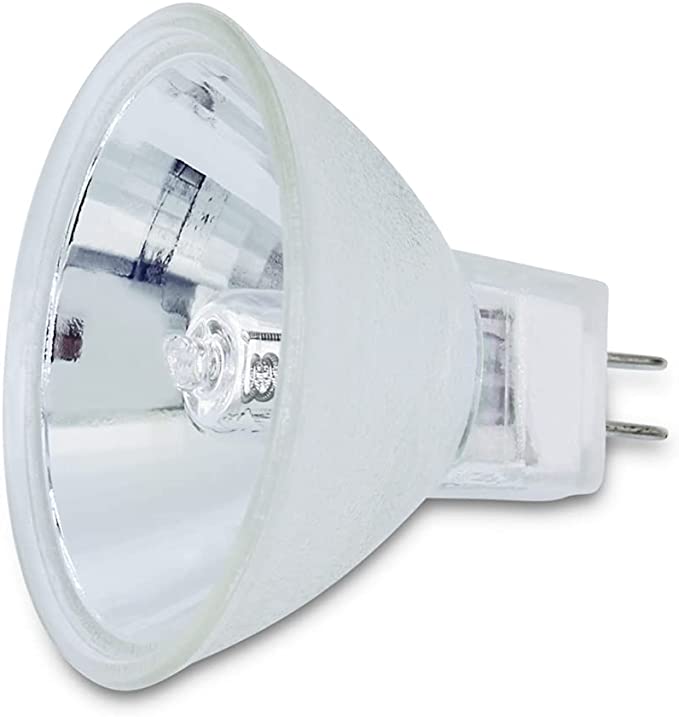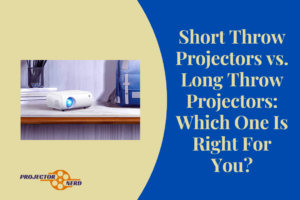The best LED for halogen projector is widely used in headlights, industrial vehicles, ATV/UTV, boats, halogen projectors & more. The typical bulbs of LED include two LEDs facing out & the centre divided by the body & PCB. LEDs are surface lighting devices which typically carry Lambertian distribution around 120 degrees or at 50%.
Contents
What are halogen projector headlights?
The very first projector headlights typically used halogen bulbs, like reflector headlights. These types of headlights generally project a light beam that looks more even as compared to reflectors. They include a sharper cut-off Technology between dark and light, even though they include the older technology of halogen bulbs. Also, these lamps use tungsten filament, similar to incandescent lamps. The quartz envelopes allow the perfect size as any type of will melt being too close to filaments. They’re capable of accent lighting.
LEDs

Light Emitting Diodes or LEDs are simply semiconductors which emit flow or light when electric current goes through them. They’re a good replacement for halogen projectors as they’ve been standard in clocks, stereos & other kinds of electronic displays for a long. They are being revolutionized to serve better in the home light settings or mainstream businesses like office life settings.
Advantages of LED lamps
LED lamps offer numerous advantages over other light bulbs for halogen projects. They build on the top parts of the predecessors while leaving the inefficiencies behind. Here is what LED lamps have to offer & what makes them beneficial.
High intensity and brightness
LED lamps are capable to emit an extremely high brightness level. This is why wattage isn’t a viable measurement for brightness any longer. Instead, the users will need to look at the lumen output of bulbs when they are switching to LEDs or any other energy-efficient lighting. While in 40-watt CFL and incandescent bulbs, the lumens are respectively 2400 and 450, LED lamps provide 4000 lumens.
Exceptional range of colour
Incandescent bulbs need filters or gels for creating various shades of light and colours. On contrary, LED lamps offer wide ranges of colour temperatures and colours without the usage of filters or gels, which may fade or burn out over time. With LED lamps, it’s its Phosphorus coating or the actual diode which is changed for altering the emitted light’s colour. So the users can trust that it’ll be of the same shade unless and until its lifespan of It ends.
Quality of light
Most of the cool-white LED lamps have spectra which differ significantly from black body radiators like incandescent lights or the Sun. The dip at approximately 500 nm & spike at approximately 460 nm can make an object’s colour be perceived somewhat differently under the cool-white illumination of LED as compared to incandescent sources or sunlight. The properties of colour rending for common fluorescent bulbs are often inferior to what’s now available in the white state-of-art LED lamps.

I’m Steven Berry and I’m the proud owner of an electronics store. With years of experience in the industry, I’m passionate about providing top-quality projectors to customers who want to take their entertainment or business presentations to the next level. Browse my store and let me help you find the perfect projector for your needs.



